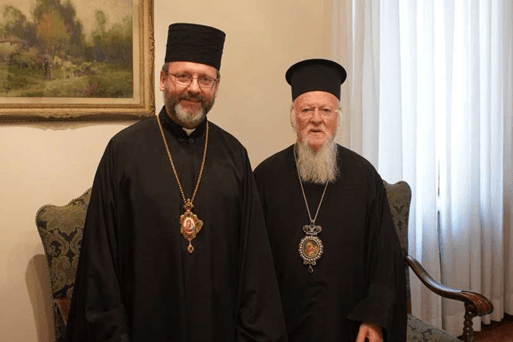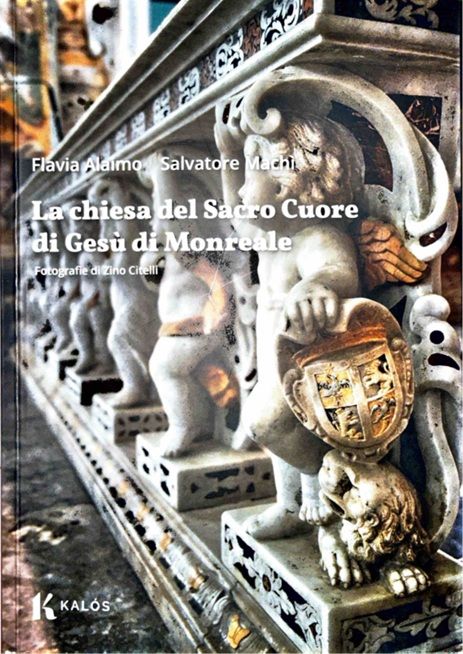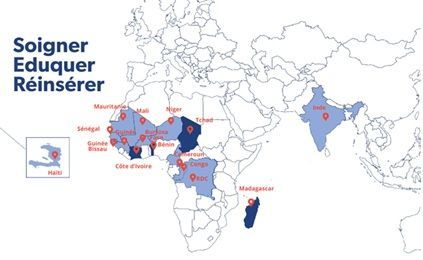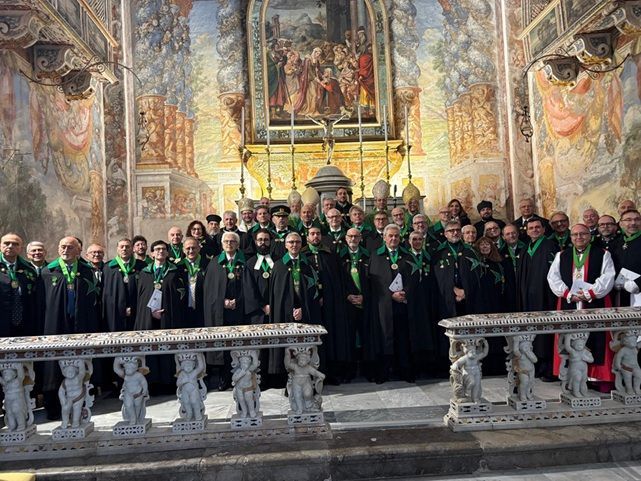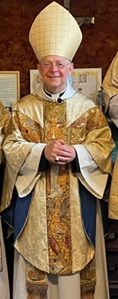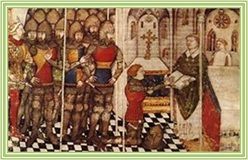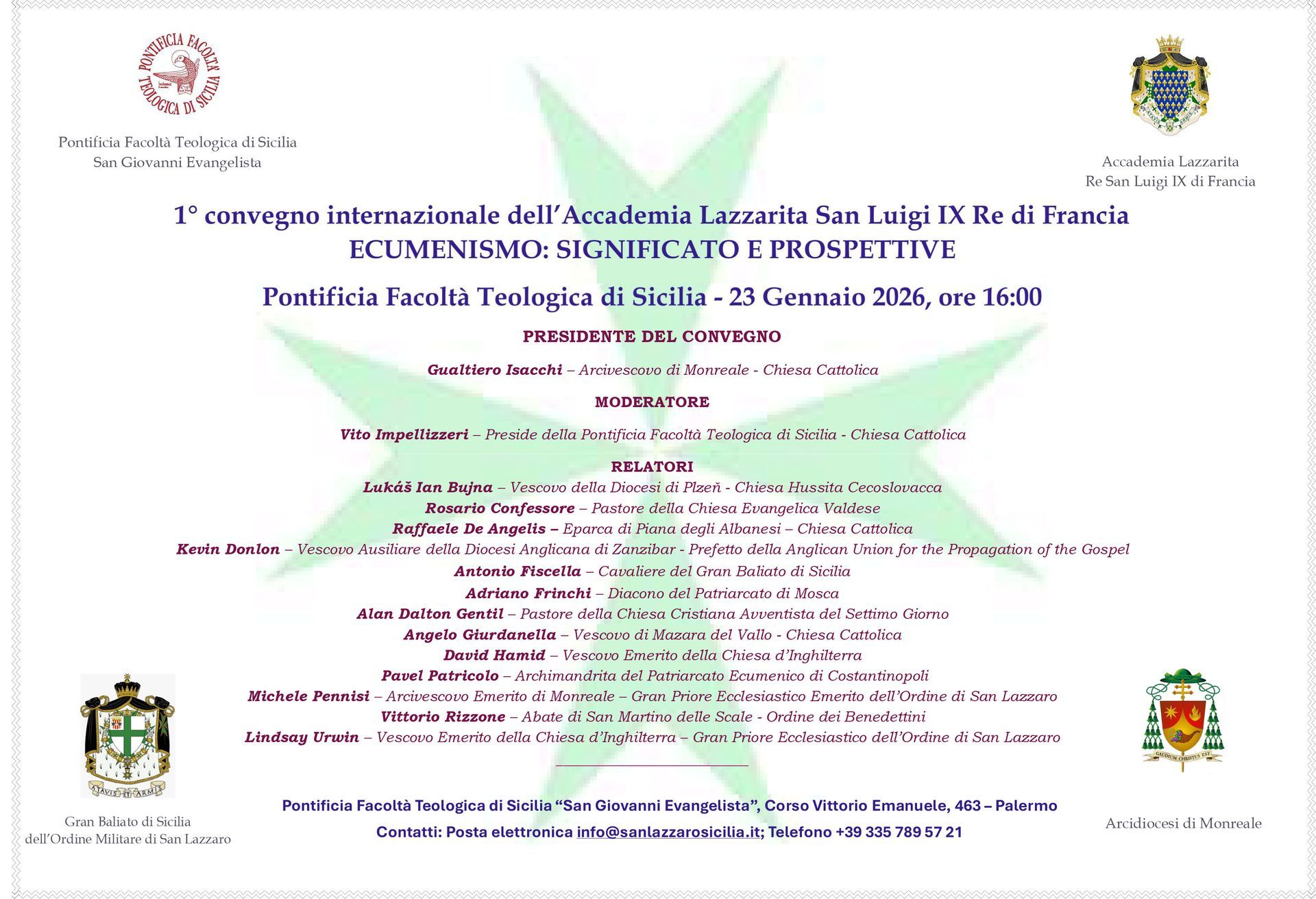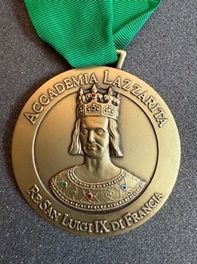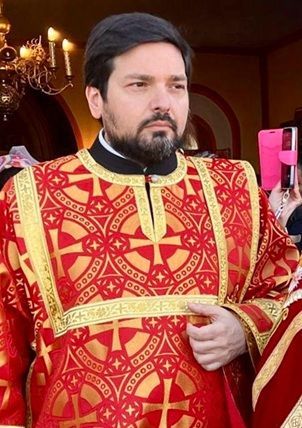CHIESA GRECO CATTOLICA UCRAINA E COSTANTINOPOLI, TRA PASSATO E FUTURO
Chiesa Greco Cattolica Ucraina e Costantinopoli,
tra passato e futuro
(Sua Beatitudine Sviatoslav Shevchuk con il Patriarca Bartolomeo)
La Chiesa Greco Cattolica Ucraina non è solo la più grande delle Chiese sui iuris. Unita a Roma, ha una tradizione ortodossa precedente, legata al Patriarcato di Costantinopoli. Ed ha intenzione di mantenere queste radici, e di mostrarle al mondo, dando segno che la Chiesa Greco Cattolica Ucraina ha una storia, una profondità e una dignità che tutti possono riconoscere.
L’occasione per rinsaldare i rapporti è stata, lo scorso 11 giugno, la presentazione a Kiev della biografia su “Bartolomeo: Apostolo e Visionario” scritta dal portavoce del patriarcato ecumenico John Chryssavgis. La presentazione si è tenuta presso la residenza del metropolitan Epifaniy, prima della Chiesa Ortodossa Ucraina – la autocefalia concessa da Costantinopoli tra le proteste del Patriarcato di Mosca.
L’arcivescovo maggiore Shevchuk ha parlato della “cultura dell’incontro e della comunicazione tra Roma e Costantnopoli, e la ha definite “un buon esempio per costruire le relazioni a Kiev”, e ha poi definite il Patriarca Bartolomeo come una delle grandi personalità intellettuale dei nostri tempi.
"Siamo rimasti tutti colpiti dal momento in cui Papa Francesco, visitando personalmente Sua Santità, ha chinato il capo davanti a lui chiedendo la sua benedizione. È qualcosa di più di un semplice riconoscimento reciproco. Questa è una vicinanza spirituale speciale e profonda che apre nuove opportunità per ogni dialogo”, ha detto Shevchuk.
Sua Beatitudine ha poi ricordato l’ultimo suo incontro personale in Vaticano, alla Domus Sanctae Marthae, e sottolineato che presto Bartolomeo sarà in Ucraina in occasione del 30esimo anniversario di indipendenza. Venti anni fa, poi, Giovanni Paolo II era stato in Ucraina, definendola “laboratorio di ecumenismo”.
Sua Beatitudine Shevchuk riprende questa definizione, e sottolinea che “il Consiglio panucraino delle chiese e delle organizzazioni religiose quest’anno si aspetta un incontro ugualmente importante con il patriarca di Costantinopoli".
La Chiesa Greco Cattolica Ucraina si riunì a Roma con l’Unione di Brest del 1595, ma prima era stata anche fedele a Costantinopoli, sebbene lo scisma di Oriente non portò subito alla scelta di stare dalla parte bizantina. È una storia complessa, quella della Chiesa Greco Cattolica, che prima dell’unione con Roma si ritrovò sotto il tiro di influenze incrociate, anche russe, che ne rivendicavano il diritto ad evangelizzarla per via di un decreto sempre emesso da Costantinopoli.
Il Patriarca Bartolomeo, al termine dell’incontro con Shevchuk il 16 settembre 2019, aveva dichiarato poi di essere felice che i figli della Chiesa di Kiev conservino ancora la memoria della loro Chiesa madre di Costantinopoli.
Ukrainian Greek Catholic Church and Constantinople,
between past and future
The Ukrainian Greek Catholic Church is not only the largest of the Churches sui iuris. United with Rome, it has an earlier Orthodox tradition, linked to the Patriarchate of Constantinople. And it intends to maintain these roots, and to show them to the world, giving a sign that the Ukrainian Greek Catholic Church has a history, a depth and a dignity that everyone can recognize.
The occasion to strengthen relations was, on June 11, the presentation in Kiev of the biography on "Bartholomew: Apostle and Visionary" written by the spokesman of the Ecumenical Patriarchate John Chryssavgis. The presentation was held at the residence of Metropolitan Epifaniy, before the Ukrainian Orthodox Church - the autocephaly granted by Constantinople amid protests of the Moscow Patriarchate.
Senior Archbishop Shevchuk spoke of the "culture of meeting and communication between Rome and Constantinople, and called it "a good example for building relations in Kiev," and then defined Patriarch Bartholomew as one of the great intellectual personalities of our times.
"We were all struck by the moment when Pope Francis, personally visiting His Holiness, bowed his head before him and asked for his blessing. It is more than just a mutual recognition. This is a special and deep spiritual closeness that opens new opportunities for any dialogue," Shevchuk said.
His Beatitude then recalled his last personal meeting in the Vatican, at the Domus Sanctae Marthae, and stressed that Bartholomew will soon be in Ukraine on the occasion of the 30th anniversary of independence. Twenty years ago, then, John Paul II had been in Ukraine, calling it a "laboratory of ecumenism."
His Beatitude Shevchuk echoes this definition, and emphasizes that "the Pan-Ukrainian Council of Churches and Religious Organizations expects an equally important meeting with the Patriarch of Constantinople this year."
The Ukrainian Greek Catholic Church was reunited with Rome by the Union of Brest in 1595, but before that it had also been loyal to Constantinople, although the schism of the East did not immediately lead to the choice of being on the Byzantine side. It is a complex history, that of the Greek Catholic Church, which before the union with Rome found itself under the fire of cross-influences, including the Russians, who claimed the right to evangelize it because of a decree also issued by Constantinople.
Patriarch Bartholomew, at the end of his meeting with Shevchuk on September 16, 2019, had then stated that he was happy that the children of the Church of Kiev still preserve the memory of their mother Church in Constantinople.

